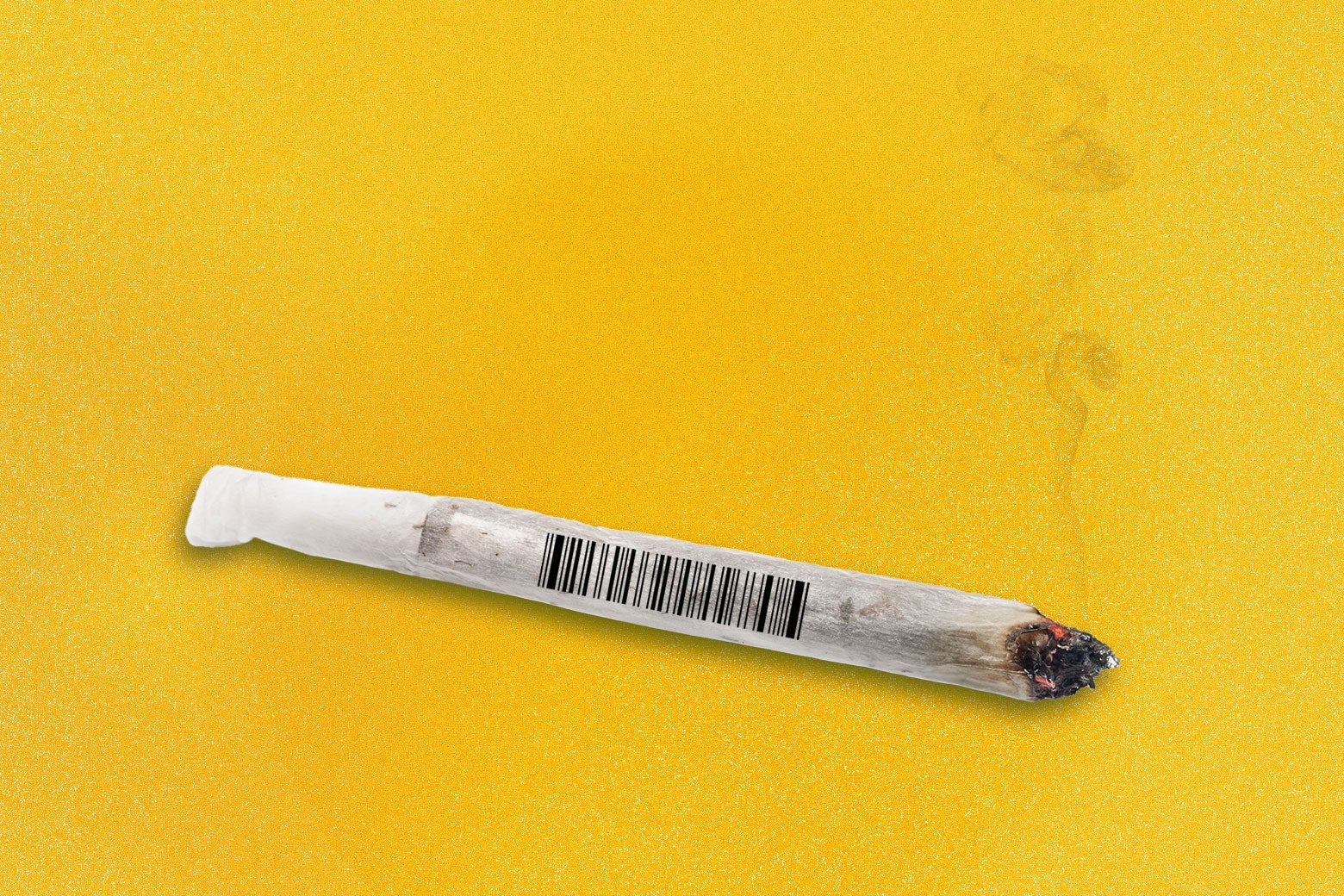Top Vaccine Regulator Resigns Amid Controversy Over Vaccine Safety Database Access
WASHINGTON (AP) â In a significant development shortly before his resignation, the United Statesâ leading vaccine regulator revealed that he had denied Health Secretary Robert F. Kennedy Jr.'s team unrestricted access to a closely guarded vaccine safety database. Dr. Peter Marks, the former chief of the Food and Drug Administration's (FDA) vaccine division, expressed concerns that the integrity of the information might be compromised, fearing potential manipulation or deletion of data.
In a candid interview with The Associated Press, Marks elaborated on his attempts to cultivate a cooperative relationship with Kennedy while addressing the latter's persistent worries about vaccine safety. This included the formulation of a comprehensive âvaccine transparency action planâ aimed at increasing public confidence in vaccines.
Marks agreed to provide Kennedyâs associates access to thousands of reports detailing potential vaccine-related issues submitted to the Vaccine Adverse Event Reporting System (VAERS). However, he firmly declined to allow direct editing rights to the data, stating, âWhy wouldnât we? Because frankly we donât trust (them).â He emphasized his skepticism regarding the reliability of the information that could potentially be altered, using language that highlighted his frustration with the situation.
This disclosure came on the same day officials in Texas confirmed the nation's second death related to measles this year, involving a child who had not been vaccinated. Marks attributed this tragedy to what he described as a lackluster response from the U.S. Department of Health and Human Services (HHS), which reiterated its recommendation for the measles, mumps, and rubella (MMR) vaccine while also promoting claims about the benefits of vitamin A supplements.
During his Senate confirmation hearings, Kennedy assured lawmakers that he was not âantivaccine.â Nevertheless, since taking office, he has pledged to âinvestigateâ vaccinations for children, leading to the termination of vaccine-related studies and the cancellation of advisory committee meetings. His administration is also reportedly looking to reevaluate the long-debunked connection between vaccines and autism.
According to Marks, since being sworn in, âMr. Kennedy has increased the pace by which he intends to minimize the use of vaccines in this country.â An HHS spokesperson countered this narrative, asserting that Kennedy has advocated for vaccination on multiple occasions since assuming his role and highlighted a recent social media post in which he referred to the vaccine as âthe most effective way to prevent the spread of measles.â
The spokesperson added that it was reasonable for Kennedy's staff to pursue access to the VAERS database for independent analysis of vaccine safety.
Dr. Marks is regarded as a respected figure among former FDA leaders and biotech industry executives, but his tenure at the agency has not been without controversy. Throughout the COVID-19 pandemic, he faced criticism for his pace in authorizing new vaccines and boosters, being labeled too slow under the Trump administration and too rapid under Biden.
Marks has expressed that he âtried everythingâ to work constructively with Kennedy. Central to this effort was a strategy to enhance publicly available information regarding vaccine ingredients, safety, and side effects, which they hoped to launch with a two-day public âlistening sessionâ followed by an expert report from an independent organization like the National Academies of Sciences.
A key aspect of this initiative involved a comprehensive overhaul of the VAERS system, which is jointly maintained by the FDA and the Centers for Disease Control and Prevention (CDC). This database is crucial for monitoring potential safety signals related to vaccines. However, it is important to note that anyone can submit reports to VAERS, making data verification and analysis a complex task that requires specialized medical and statistical expertise.
Misinformation surrounding VAERS has long been a cornerstone for anti-vaccine messaging, and Marks highlighted that government scientists often spend considerable time investigating each report of serious injury or death associated with vaccines. They frequently find that the reported incidents are unrelated to vaccination or occurred due to pre-existing health issues.
Despite the sensitive nature of the data, Marks had been committed to increasing transparency regarding VAERS to help the public understand the rigorous work that goes into investigating reports. He stated, âThis is a legitimate thing that I actually was willing to compromise on. We need to make VAERS more transparent so that people can understand that we actually do the work on the backend.â
Details of Marksâ proposed plan were confirmed by a source familiar with the matter, who spoke on the condition of anonymity due to the sensitivity of internal agency discussions. This proposal was submitted to the FDAâs acting commissioner, Dr. Sara Brenner, a Trump appointee, in mid-February. However, Marks reported that he and his team did not receive any feedback on the proposal.
By mid-March, Marksâ office was inundated with requests from staffers within the Trump administration for full access to the VAERS database. In response, Marks and his team highlighted the confidential and sensitive nature of the information contained within the database, which includes personal, medical, and corporate data.
Furthermore, Marks claimed that he never communicated directly with Kennedy, describing him as âwalled offâ from FDA officials. On the day of his resignation, Marks was called to a meeting at HHS headquarters, where two senior officials acknowledged his contributions during the COVID-19 pandemic, particularly his role in developing âOperation Warp Speed,â which significantly expedited vaccine development.
However, after an uncomfortable silence in the meeting, one official indicated that âhe wants you gone,â clearly referring to Kennedy. Marks reflected on this moment, saying, âIt was pretty clear that either I was going to resign, or they were going to fire me.â He ultimately chose to submit his resignation, citing Kennedyâs endorsement of what he termed âmisinformation and liesâ about vaccines.
The HHS spokesperson countered Marksâ claims, asserting that Kennedy is working to install scientists dedicated to reversing the chronic disease crisis and labeled Marks as merely a ârubber stampâ for pharmaceutical interests. This week, Kennedy is embarking on a âMake America Healthy Againâ tour across the southwestern U.S., where he will address various topics, including fluoridation and food dyes.
In closing, Marks urged that Kennedy should instead focus on increasing vaccination rates among children to prevent further outbreaks. He stated, âI consider these needless and senseless deaths. These kids should get vaccinated. Thatâs how you prevent people from dying of measles.â
















